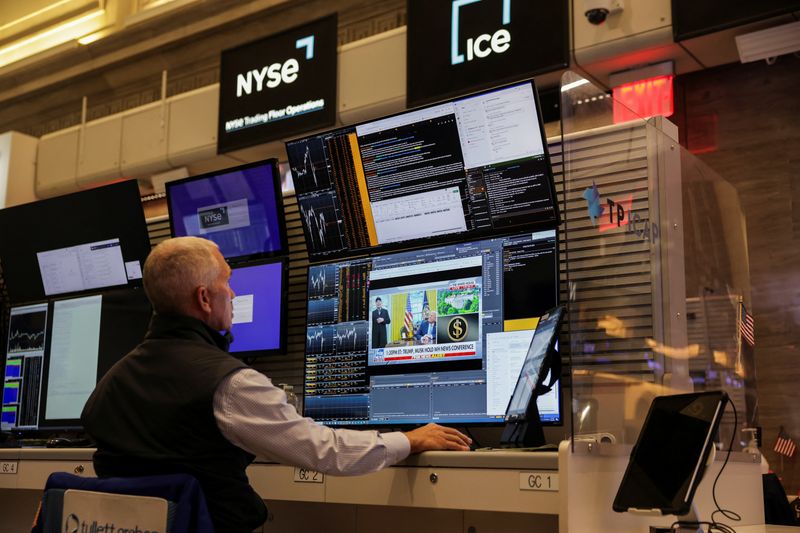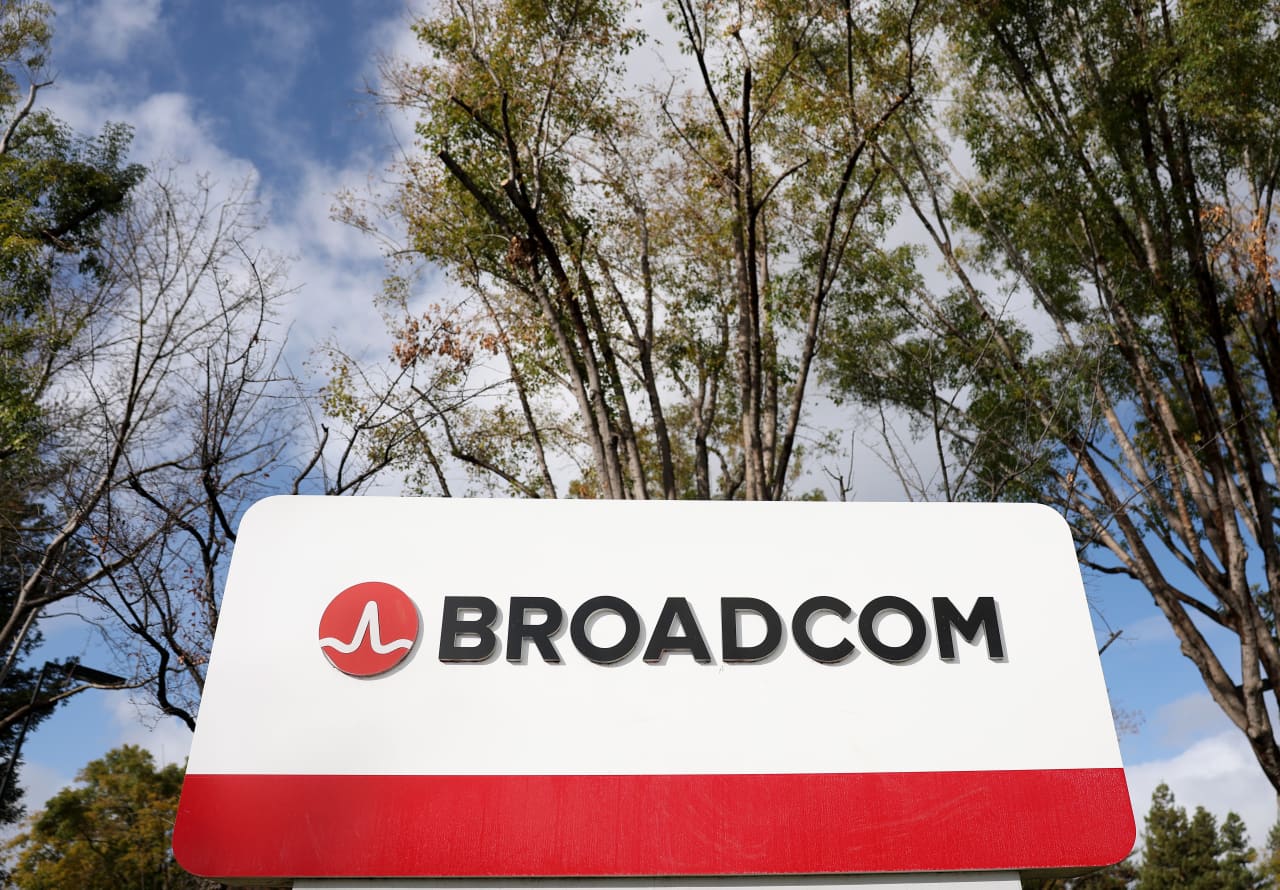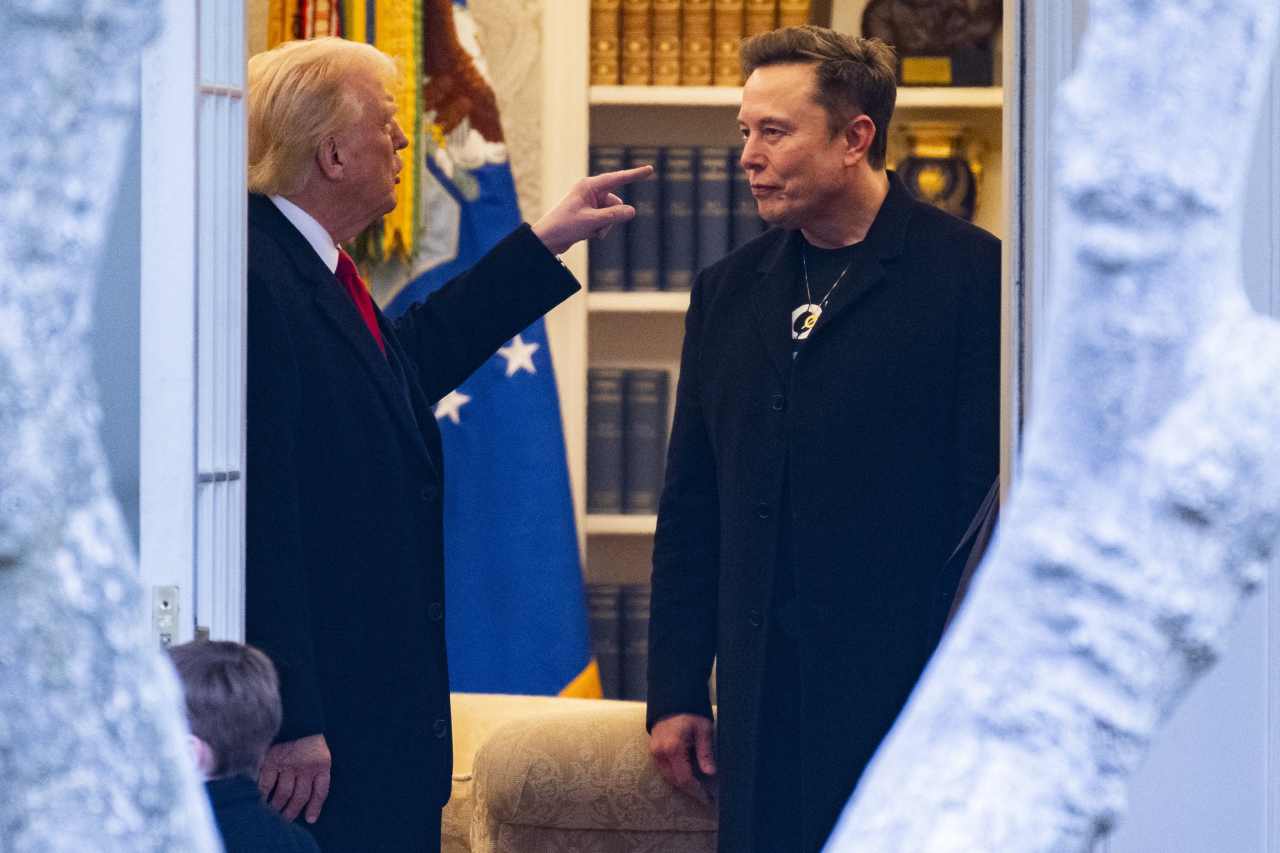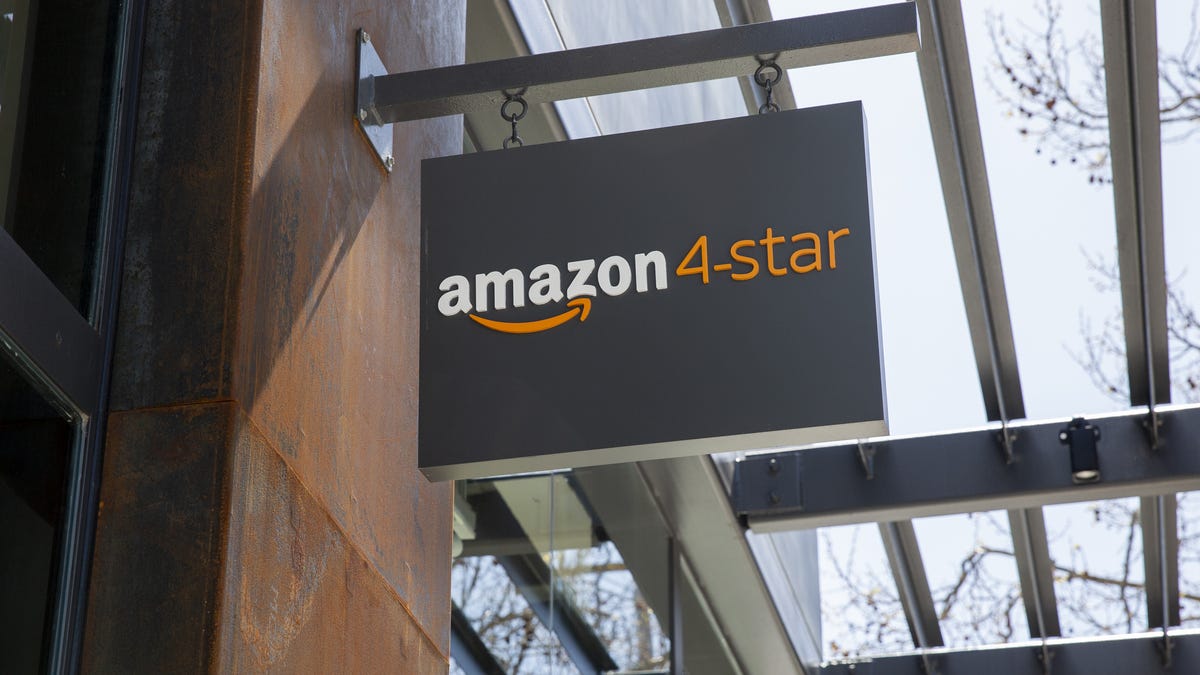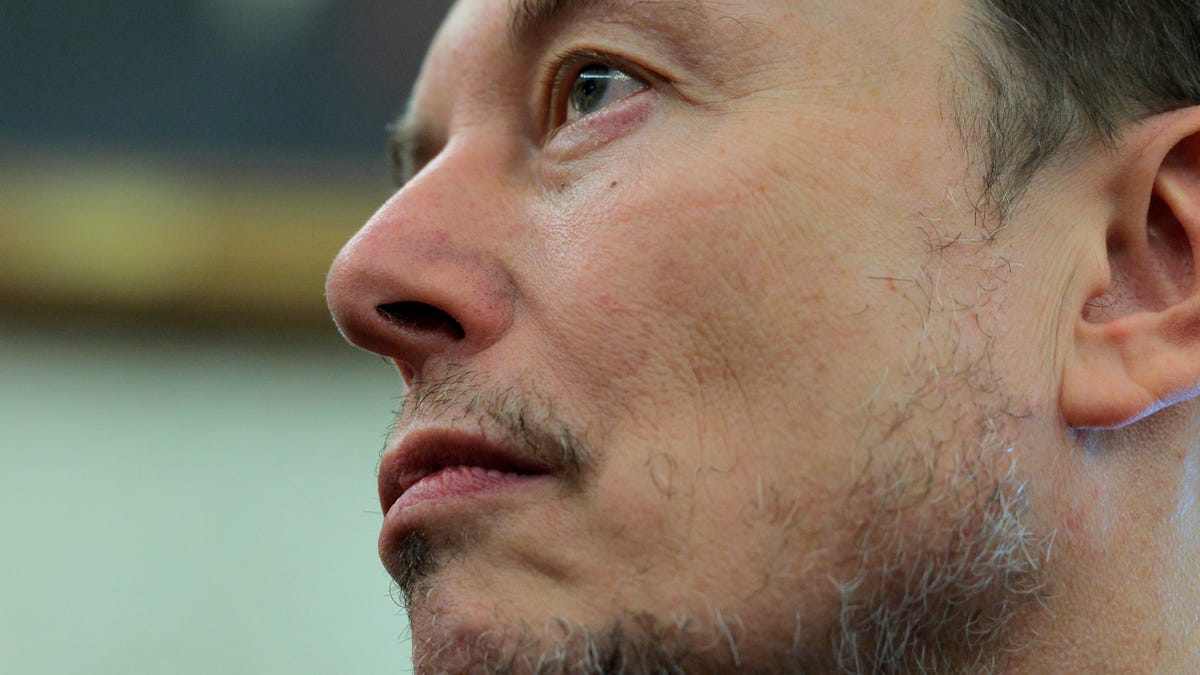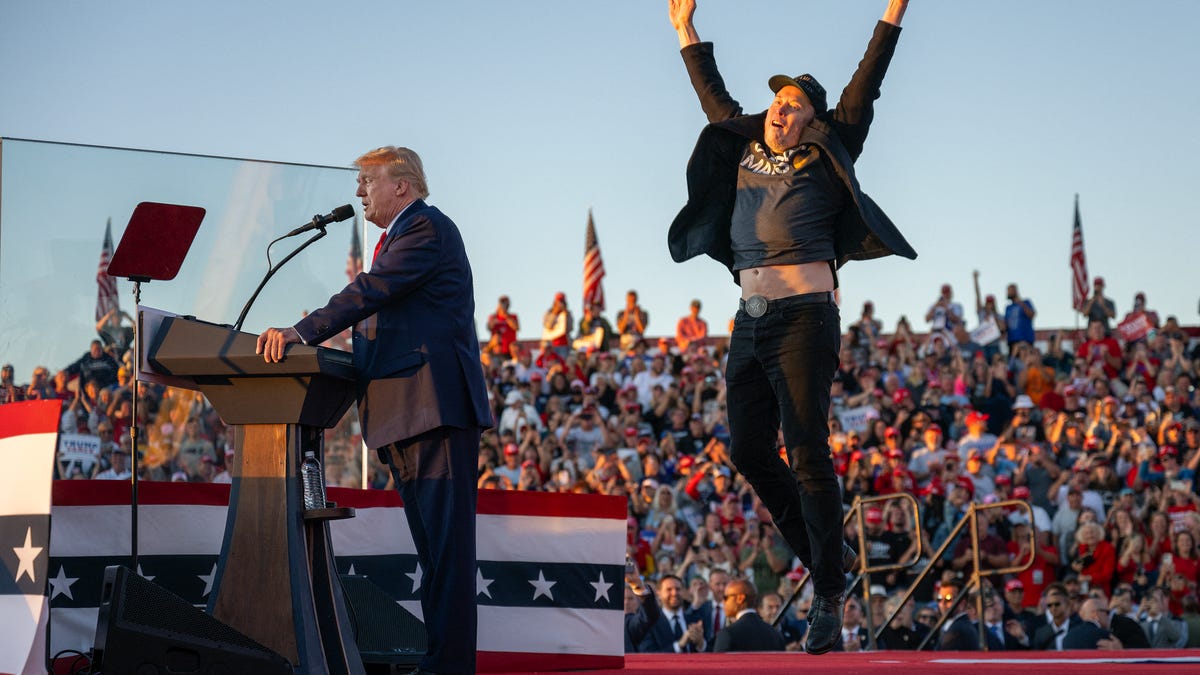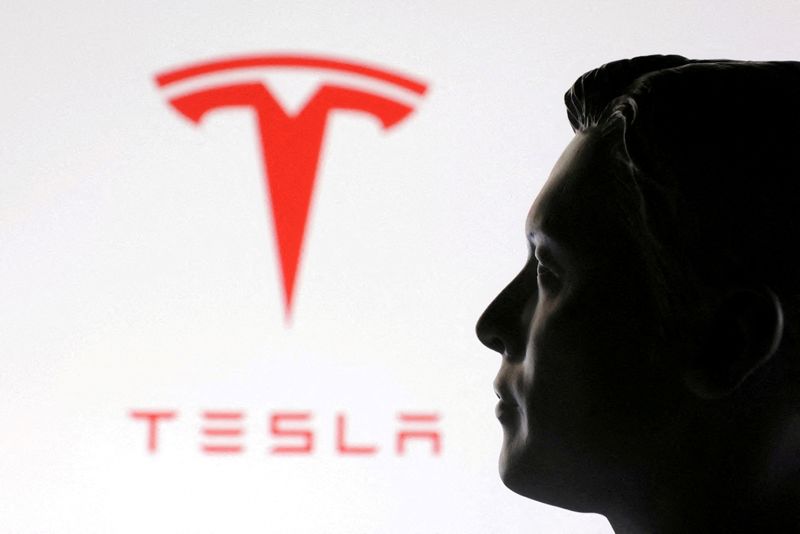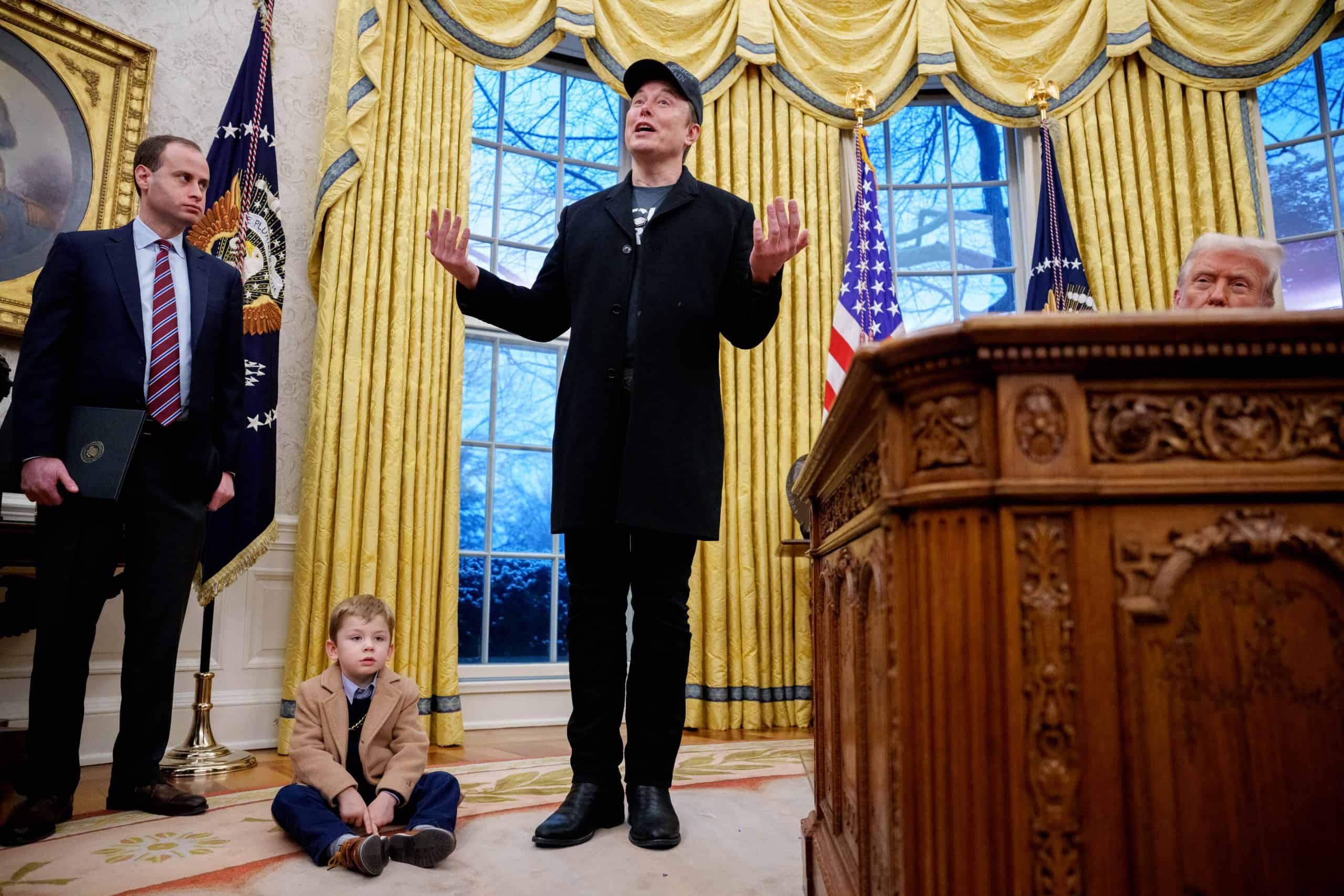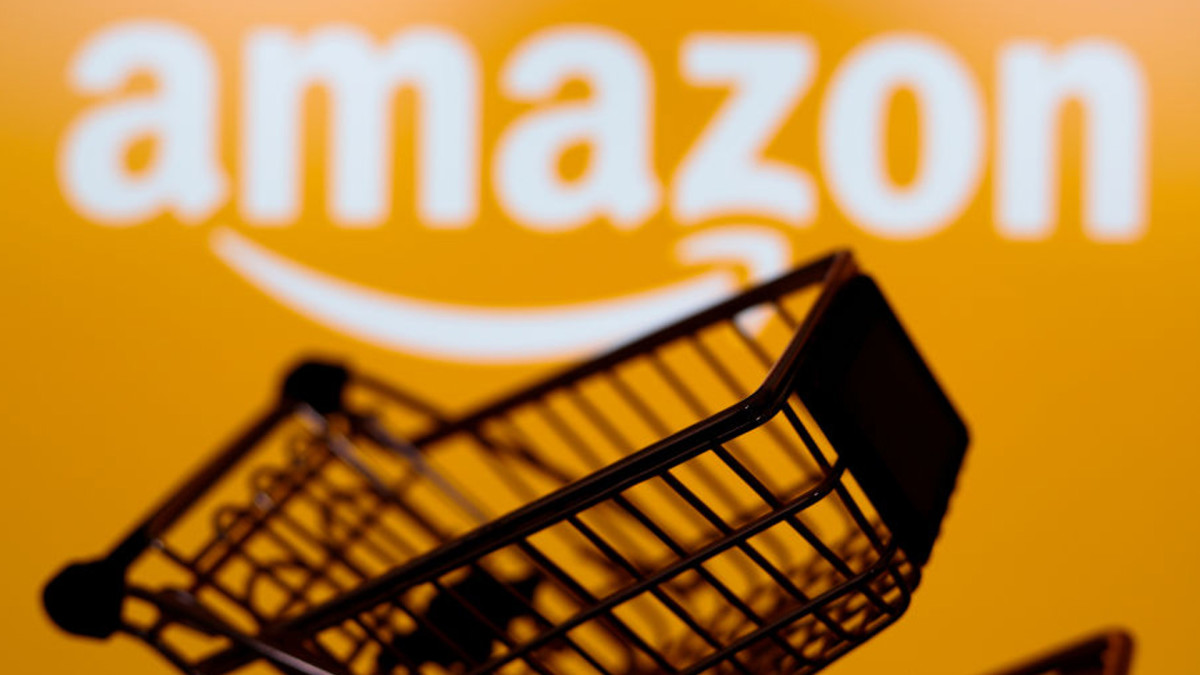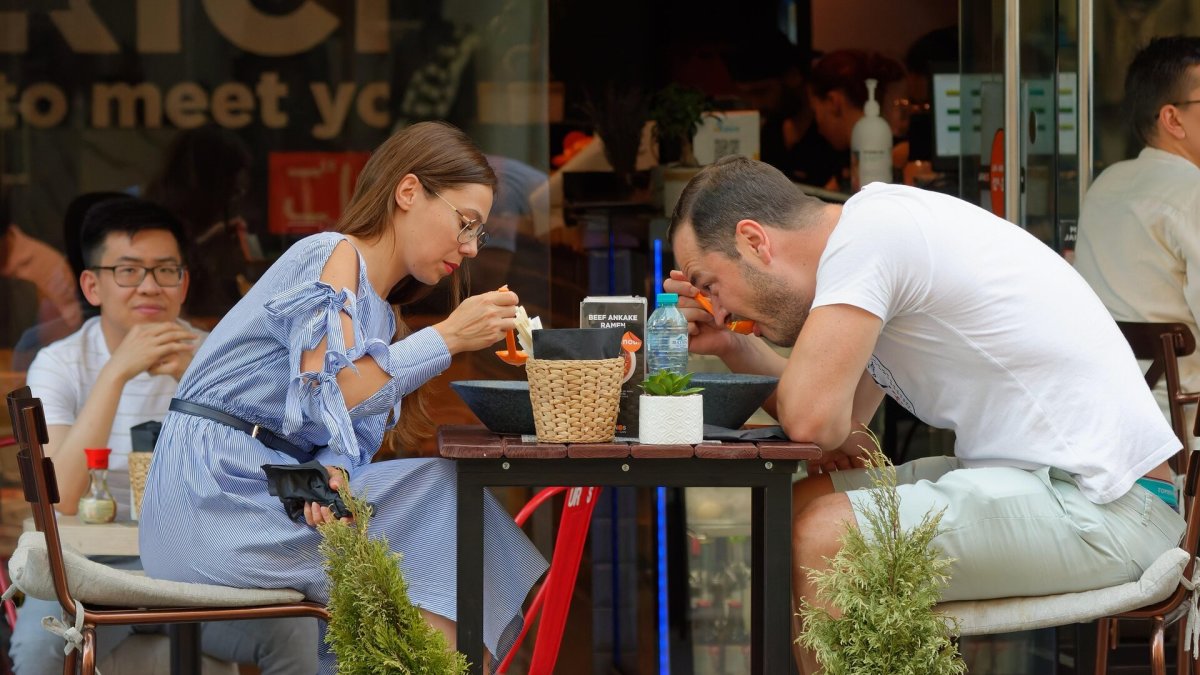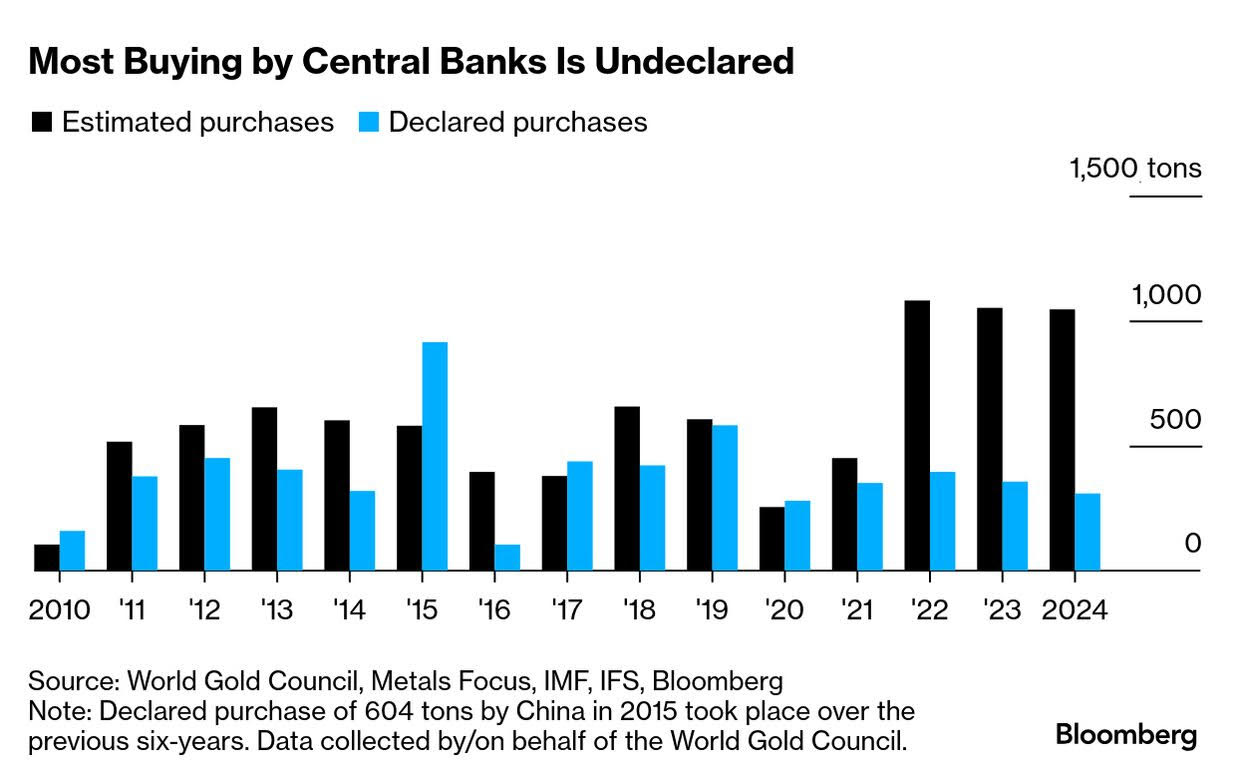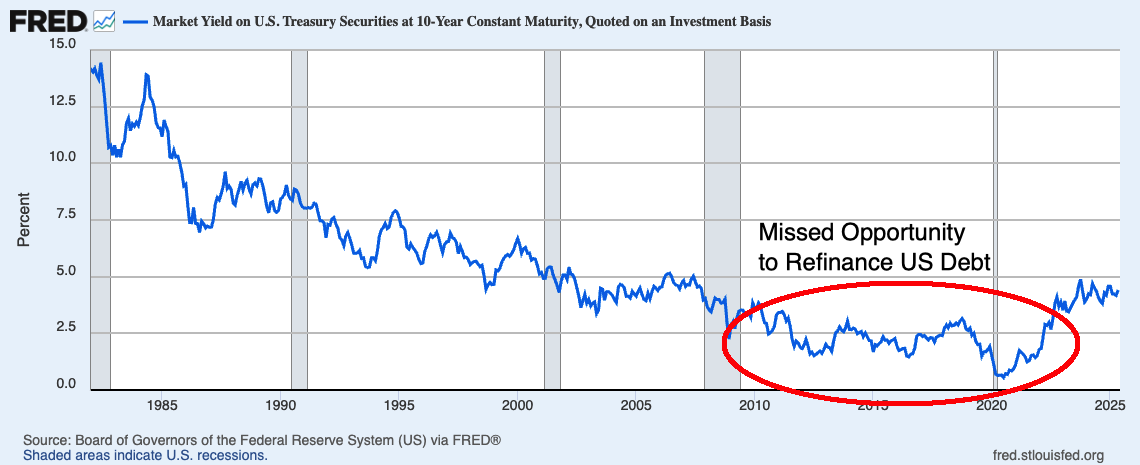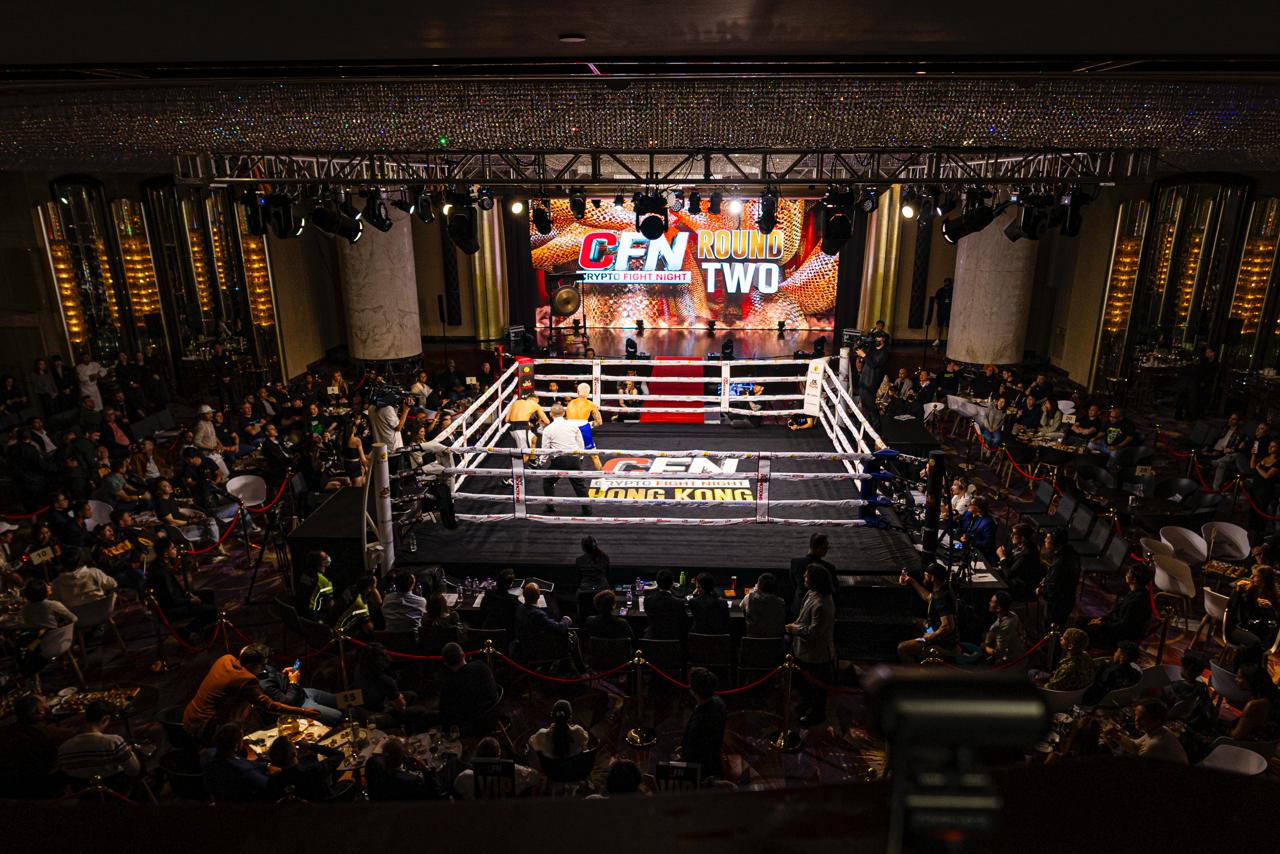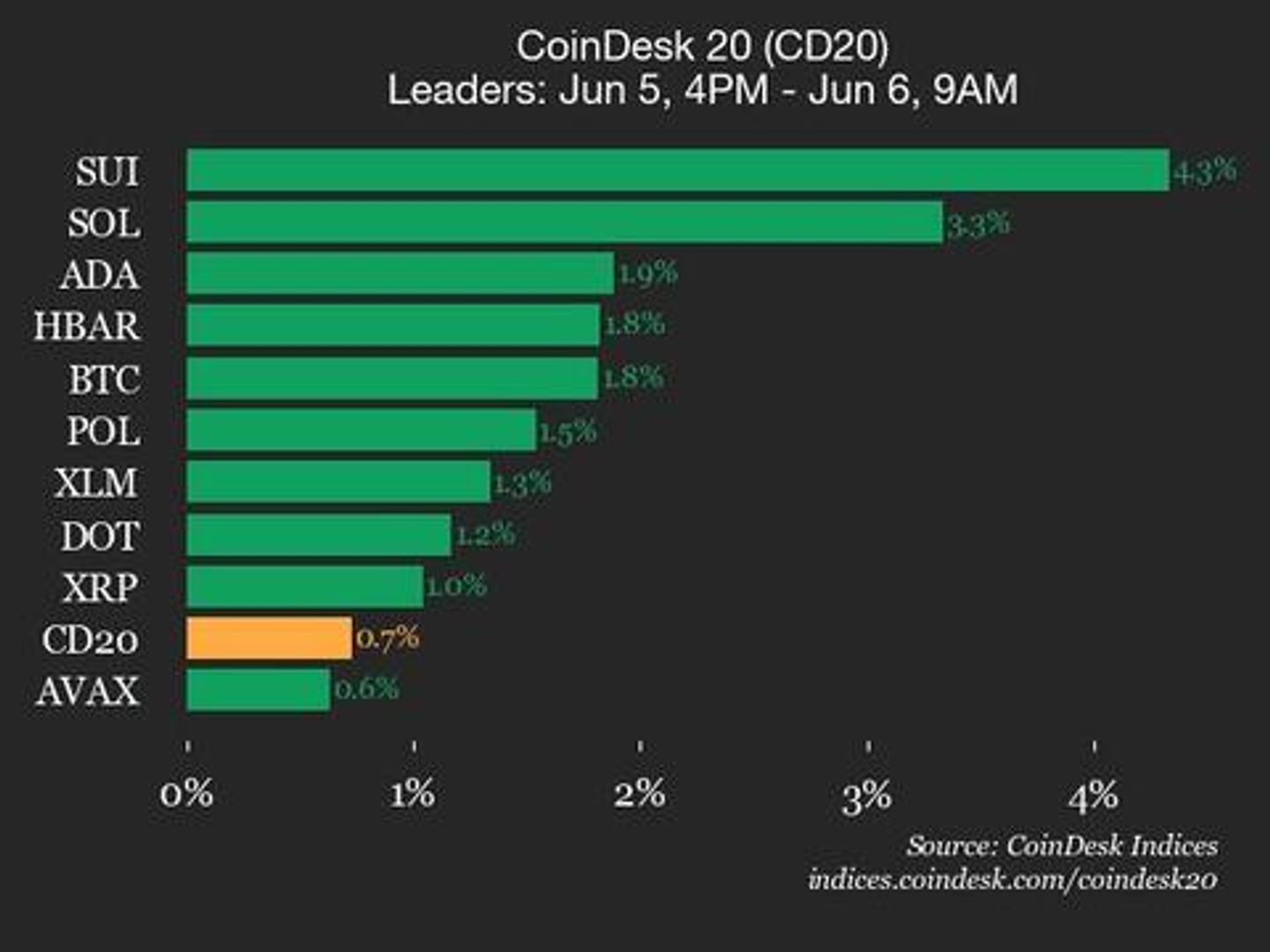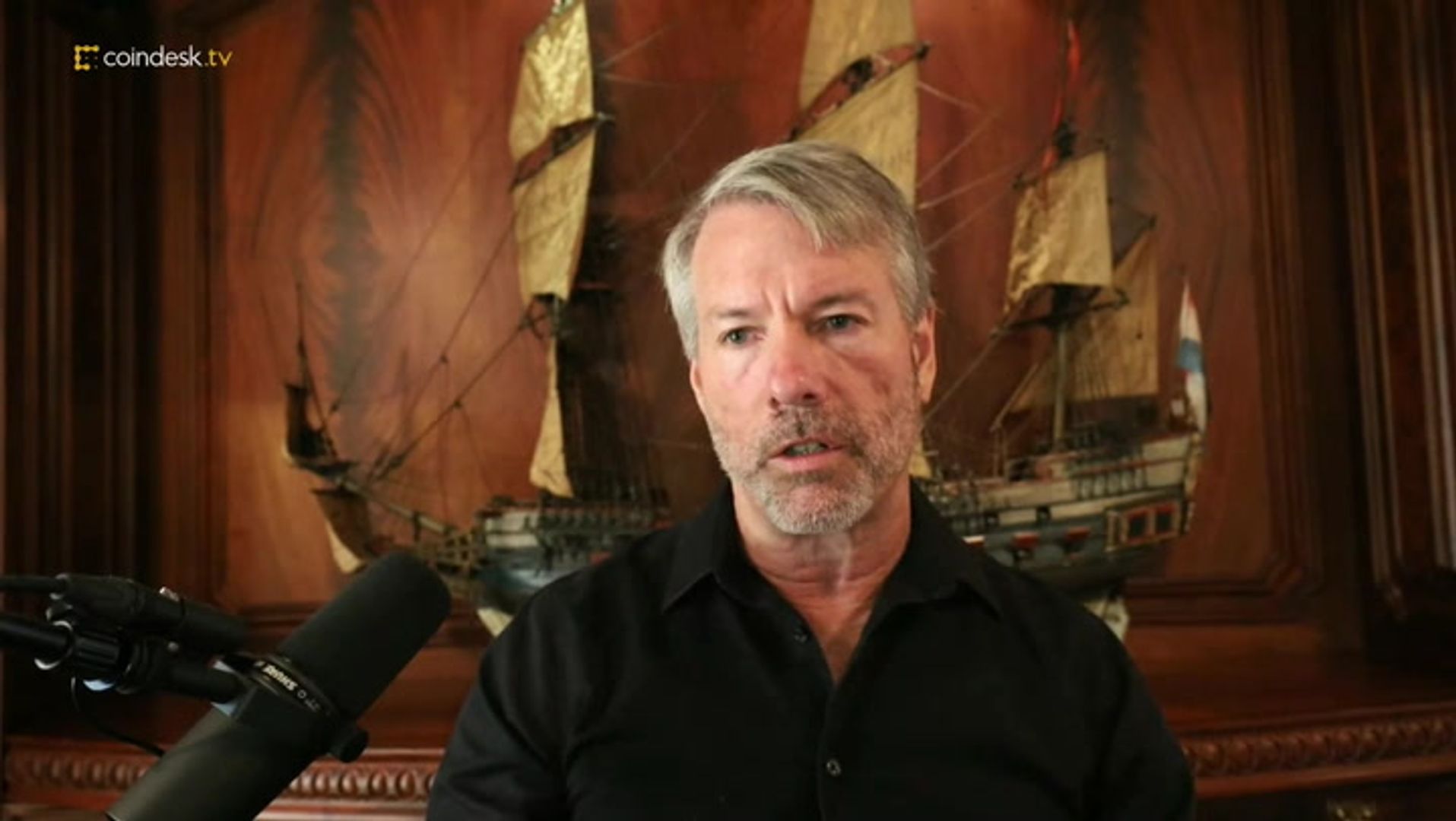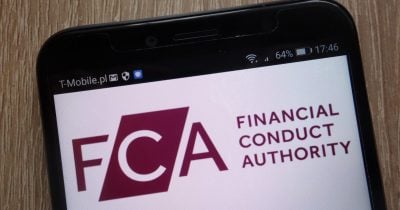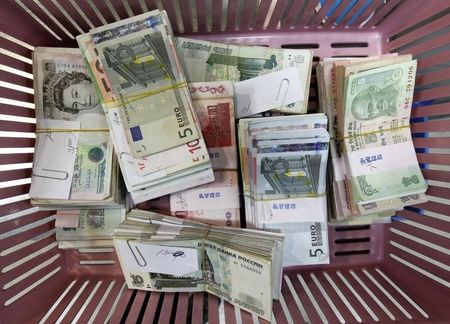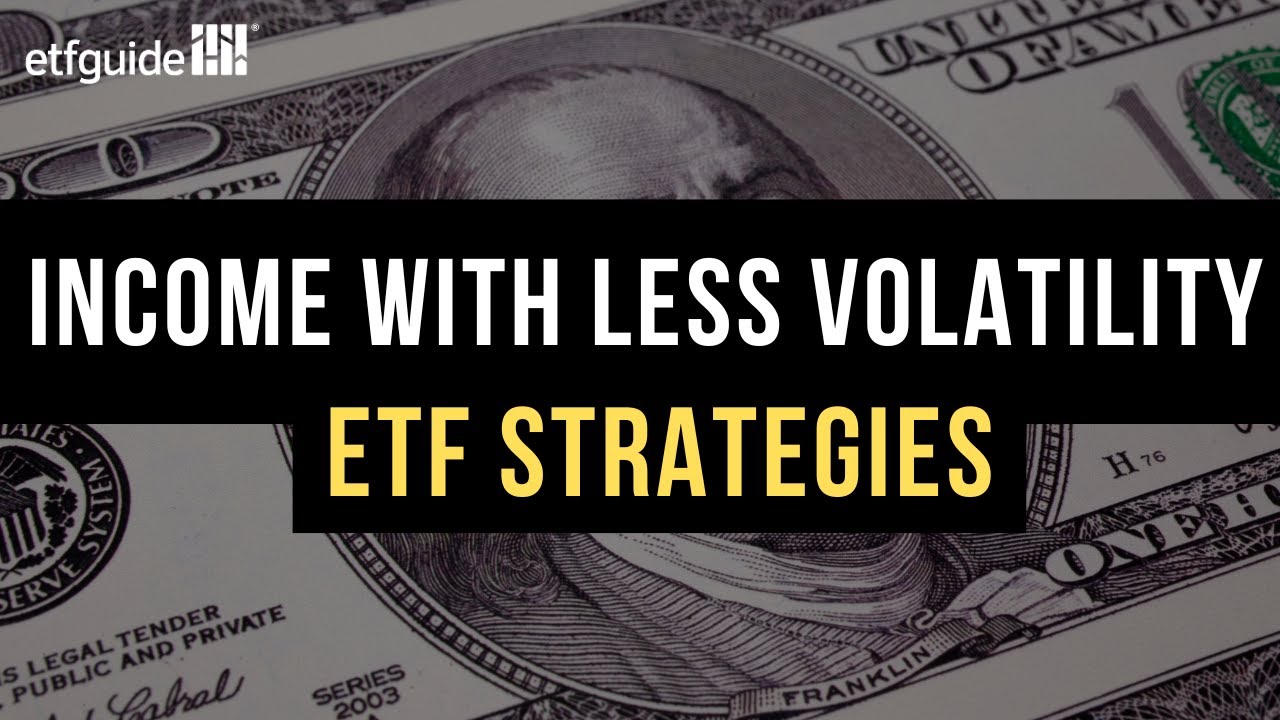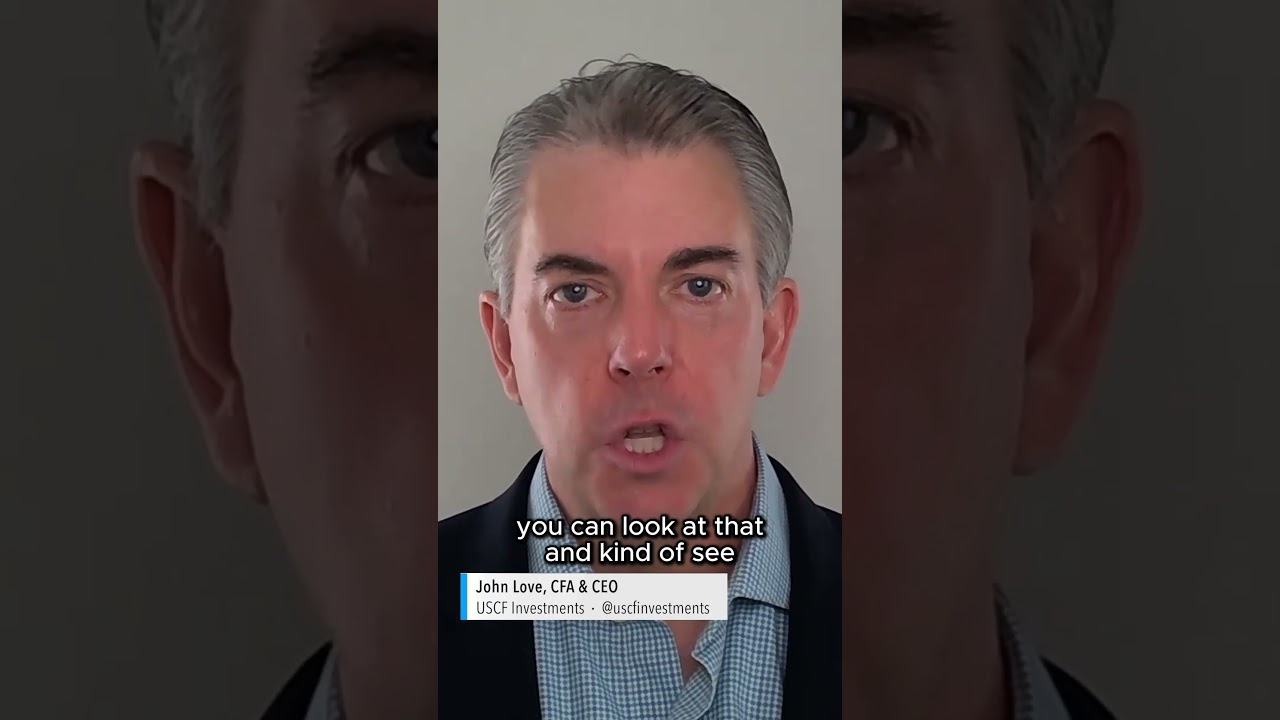Nectar Social buzzes out of stealth with $10.6 million backing from GV and True Ventures
Misbah and Farah Uraizee, sisters and cofounders, launch startup Nectar Social from stealth with $10.6 million in funding.

Going viral isn’t luck.
“A book that I’ll write one day is going to be called ‘Manufacturing Virality,’” said Misbah Uraizee. “It absolutely is manufacturable, and there’s a playbook.”
That playbook includes selective engagement, showing up in search, and partnerships with micro-influencers—not celebrities. It means seeding content, hosting real-life events, and using tools like polls and DMs to spark interaction. The goal: Build a community that talks, tags, and buys. Because even if virality can be engineered, it still has to come from somewhere real.
“For all of our customers, organic communities are the hardest,” said Uraizee. “You’ve got paid metrics, you can buy more reach, you’re able to scale at a certain length. But your organic traction—your organic community and how you show up there—is really the most authentic representation of your brand, and how viral or how much traction it has.”
Misbah and her sister Farah Uraizee, both former Meta leaders—Misbah in product, Farah in engineering—left in 2023 to cofound Nectar Social, an agentic AI social commerce startup. Translation: The startup is looking to channel the social activity jungle into quantifiable revenue for brands.
“We saw how much private messaging was blowing up, and how terrible the internal elements were for brands to process and scale to that,” said Farah. “Then, right at the cusp of [OpenAI’s GPT] 3.5 launching, we were like: This is the moment. This is where you can start solving these problems in an authentic way. And that made us immediately jump on it.”
Now, about two years after the Uraizees walked away from Meta, Nectar Social is launching out of stealth. The company has raised $10.6 million in combined pre-seed and seed funding, led by GV and True Ventures. BAM Ventures, Charge Ventures, FAB Ventures, Flying Fish Ventures, Mercury Fund, Trust Fund by Sophia Amoruso, and XRC Ventures participated in the round. Nectar’s customers include Bobbi Brown’s Jones Road Beauty, soda brand Olipop, viral California makeup brand Tower28, and skincare device brand Solawave. (On Instagram alone, this group has a combined more than 1.8 million followers.) GV’s bet is that Nectar will become essential to brands looking to compete in the crowded e-commerce space, post-DTC boom.
“Brands are inundated by DMs and comments,” said Frédérique Dame, general partner at GV. “And they need to convert the customer right away on the spot. When the customer asks a question about the product, they’re ready to buy. And Nectar is shrinking the actual funnel to instant purchase.”
Nectar’s tools include AI “social copilot” agents that autonomously handle community interactions, real-time data, and revenue attribution metrics that tie DMs, mentions, and comments to purchases. (Nectar said that it’s already managed more than 500,000 DMs, comments, and mentions, while reducing customers’ average response times to about five minutes for inbound social media queries.) And yes, there’s absolutely a Gen Z angle here—Salesforce data suggests that 76% of Gen Z is finding products through social media.
“Social is becoming the go-to place for people to discover a brand, build a record with a brand, interact and close the loop on the brand,” said GV’s Dame. “But the magic of this is that it goes from inside out. They can extend it to your email ecosystem.”
Misbah and Farah are five years apart, and though their early years took them from Singapore to Sweden to Ireland, much of their childhood was spent in Northern California, where their parents worked in the telecom industry. Nadeem and Amtul Uraizee, their parents, told Fortune via email that they weren’t surprised the sisters decided to start a company together. One thing they emphasized: Misbah and Farah have always had a habit of disagreeing—thoughtfully. As kids, they would debate vigorously across family road trips.
“But the moment one of them ever hit any rough patches, the other would drop everything to help,” Nadeem and Amtul wrote to Fortune. “That’s just who they’ve always been: each other’s biggest critics and biggest champions. Now, seeing them run a company together, it honestly feels like the same relationship playing out on a bigger stage. They still disagree (probably more than ever), but they’ve learned how to turn those disagreements into something meaningful that they can build together.”
And what they’re trying to build together is a ubiquitous but invisible engine for, essentially, going viral. Conceptually, going viral is interesting for its odd combination of science and mystery. There are, as Misbah points out, ways to build virality. But when something goes viral, it’s ultimately because people care genuinely in some way. Which isn’t a one-way street—a brand on social media has to consistently show (at scale) that it cares about its customers.
“The best brands are hyperactive,” said Farah. “They respond to every single person, and they don’t only respond—they proactively encourage it.”
See you tomorrow,
Allie Garfinkle
X: @agarfinks
Email: alexandra.garfinkle@fortune.com
Submit a deal for the Term Sheet newsletter here.
Nina Ajemian curated the deals section of today’s newsletter. Subscribe here.
This story was originally featured on Fortune.com







